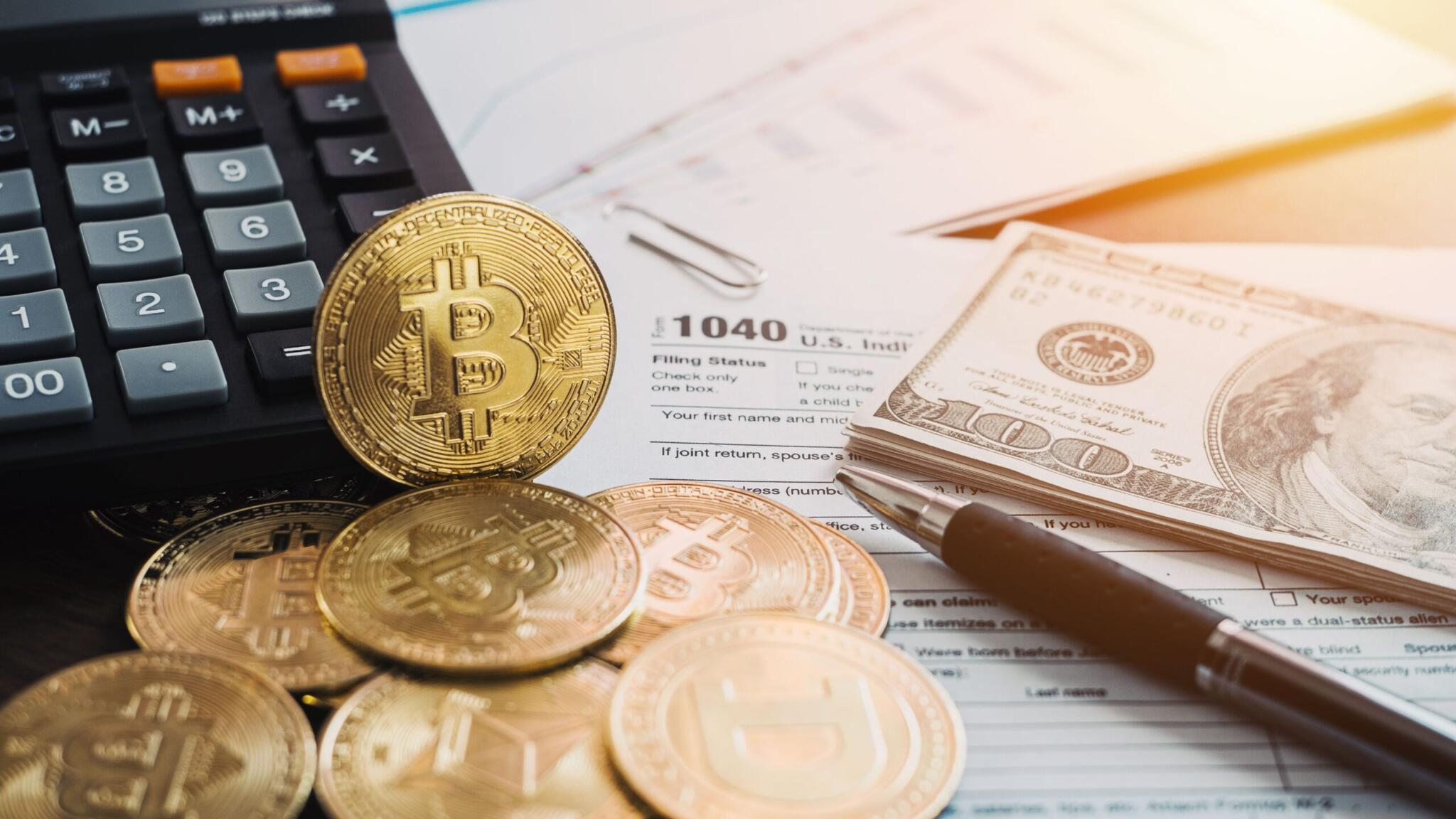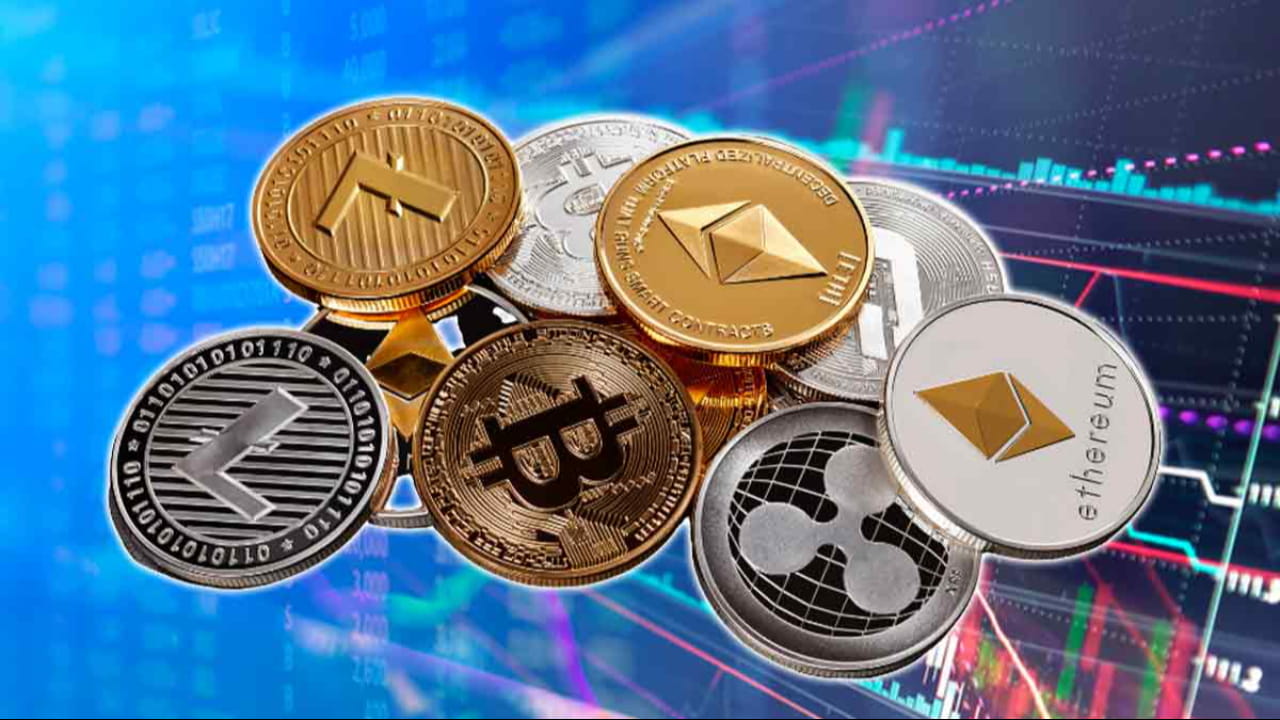Cryptocurrencies have revolutionized digital finance. It offers secure and decentralized transactions for seamless verification. But if you’re wondering how is a transaction verified on a cryptocurrency network? Then, we’ll help break it down for you.
Whether you’re new to crypto or a pro-investor, understanding the Bitcoin verification process and blockchain transaction confirmation is a must. Let’s learn how Bitcoin transactions are verified, how long it takes, and what factors influence verification speed.
What Happens When You Make a Crypto Transaction?
When you send Bitcoin or any cryptocurrency, the transaction doesn’t just go through instantly. It must be verified and added to the blockchain.
Here’s what happens step by step:
1. Transaction Initiation: You input the recipient’s wallet address and the amount you want to send.
2. Broadcast to the Network: The transaction is sent to a network of computers (nodes) that validate its authenticity.
3. Verification Process: Miners or validators confirm the transaction using complex mathematical algorithms.
4. Blockchain Addition: Once verified, the transaction is added to a new block in the blockchain.
5. Confirmation & Completion: The recipient sees the funds in their wallet after sufficient confirmations.
This process ensures security, prevents double-spending, and maintains trust in the decentralized system.
How Are Bitcoin Transactions Verified?
Bitcoin transactions rely on proof-of-work (PoW) mining, where miners compete to solve cryptographic puzzles. Here’s how it works:
- Miners collect transactions into a block.
- Each miner solves a complex algorithm (hash function) to validate the block.
- The first to solve the puzzle broadcasts the verified block to the network.
- Other nodes confirm the solution, and the block is added to the blockchain.
- Miners receive rewards (newly minted Bitcoin + transaction fees) for their work.
This process ensures that all transactions are legitimate and cannot be altered. You must learn to trade Crypto to ensure proper transactions without being puzzled.
How Long Does Blockchain Verification Take?
One of the main concerns of crypto users is how long does blockchain verification take. Well, here are a few factors to consider if you’re looking for an answer.

- Network Congestion: More transactions mean longer wait times.
- Transaction Fees: Higher fees incentivize miners to prioritize your transaction.
- Blockchain Type: Bitcoin, Ethereum, and other blockchains have different confirmation times.
- Number of Confirmations: Exchanges and wallets require a certain number of confirmations (usually 3-6) before considering a transaction final.
On average:
- Bitcoin: 10 minutes per confirmation, requiring up to 6 confirmations for security.
- Ethereum: 15 seconds per block, with full confirmation in a few minutes.
- Other Cryptos: Varies based on their consensus mechanism.
For example, cryptocurrencies like Solana and Ripple boast much faster transaction speeds due to their consensus mechanisms, making them attractive options for users needing quick transfers.
Factors Affecting Blockchain Transaction Confirmation
There are several elements that can speed up or slow down the verification process:
- Transaction Fee: Paying a higher fee gets your transaction processed faster.
- Network Traffic: High demand can clog the system, leading to delays.
- Mining Difficulty: As the difficulty increases, block validation takes longer.
- Block Size & Capacity: Limited block space can cause congestion.
- Consensus Mechanism: Bitcoin (PoW) takes longer than Ethereum 2.0 (PoS).
To avoid delays, use fee estimation tools to adjust your transaction fees accordingly. Websites like Mempool and Space can help you analyze real-time transaction backlogs and set appropriate fees.
How to Speed Up Crypto Transaction Verification
If your transaction is stuck, try these tips:
- Increase Transaction Fee: If using Bitcoin, opt for a higher fee to get priority processing.
- Use Replace-by-Fee (RBF): Some wallets allow you to resend transactions with a higher fee. Opt for Faster Networks: Consider cryptocurrencies with lower congestion, like Solana or Polygon.
- Check Blockchain Explorers: Use sites like Etherscan or Blockchain.com to track transaction status.
- Use Lightning Network: Bitcoin’s Layer 2 solution enables instant transactions with minimal fees.
- Utilize Transaction Accelerators: Some mining pools offer paid services to prioritize your transaction in the next available block.
What Happens If a Transaction Is Not Confirmed?
If your transaction remains unconfirmed for too long, it can either:
- Get Stuck: Remaining in the mempool (waiting area) for hours or days.
- Expire & Be Returned: If not included in a block, the network may return the funds.
- Be Canceled & Resent: Some wallets allow you to cancel and resend with a higher fee.
To avoid any issues, always check the required confirmation levels before processing large transactions. Additionally, make sure you’re not sending transactions during peak congestion periods, as this can impact the processing times.
Future of Crypto Verification: Faster and More Efficient
As blockchain technology evolves, new methods are improving verification speed and efficiency:
- Proof-of-Stake (PoS): Ethereum 2.0 replaces mining with staking, reducing energy consumption and transaction times.
- Layer 2 Solutions: Lightning Network (Bitcoin) and Optimistic Rollups (Ethereum) process transactions off-chain for quicker verification.
- Sharding: Future Ethereum upgrades will split the blockchain into smaller pieces to enhance scalability.
- Zero-Knowledge Proofs: Advanced cryptographic methods could allow instant verification with minimal computational effort.
- AI-Driven Consensus: Machine learning may soon play a role in optimizing blockchain validation, further improving efficiency.
These innovations aim to make crypto transactions seamless and cost-effective for mainstream adoption. You can also explore different crypto integrated payment services for seamless transactions.
Crypto Verification in Real-World Applications
Beyond individual transactions, crypto verification plays a key role in various real-world Decentralized Finance (DeFi): Smart contract platforms rely on verification for secure lending, borrowing, and trading.
- Cross-Border Payments: Faster blockchain verification makes international transfers more efficient.
- Supply Chain Management: Crypto verification ensures transparency in tracking product movements.
- NFT Ownership Verification: Blockchain confirmation helps prove authenticity in digital art and collectibles.
As businesses adopt blockchain for security and efficiency, transaction verification will continue evolving to meet global financial needs.
Final Thoughts
Whether you’re a casual user or a serious investor, knowing how is a transaction verified on a Cryptocurrency network is crucial. The Bitcoin verification process, blockchain transaction confirmation, and how long blockchain verification takes all depend on network conditions and fees.
By staying informed and using the right tools, you can ensure your transactions are smooth and hassle-free.




